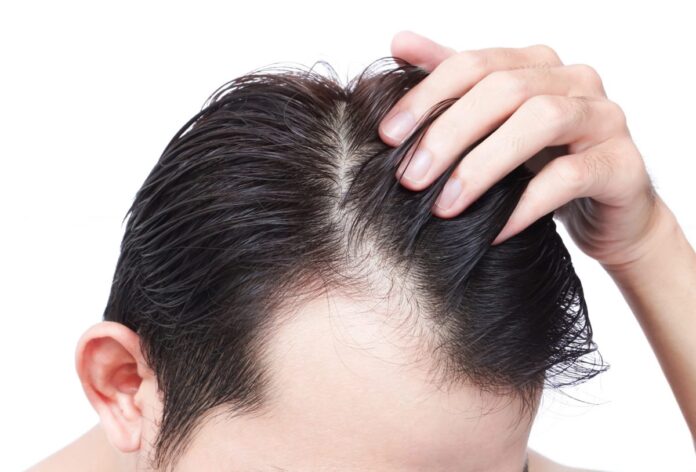Hair transplantation is a booming industry around the world, which is not surprising considering how many people have problems with hair loss. Many men lose hair because of androgenetic alopecia, and even women can experience thinning hair and bald spots due to conditions such as PCOS, alopecia areata, and traction alopecia.
Since hair transplants are so commonly needed and done at places like the Vera Clinic, it is useful to know exactly what factors can influence the success or failure of such procedures. We will discuss these various factors below so that you are aware of what impacts the outcome of hair transplant surgeries.
Type of transplant procedure you have done
One key factor that is important in impacting the success of your transplant surgery is the type of procedure that you choose. Although some clinics may still offer the FUT procedure, the more common method is the FUE. One reason for this is that studies have demonstrated that the FUE provides better outcomes for hair transplants than does the FUT. The lower risk of complications and minimal scarring alone are good reasons to choose the FUE. Hair transplant specialists at Fortes Clinic explain that it’s possible to combine the FUE procedure with other hair replacement approaches for excellent results. i.e in patients with extreme hair loss. These hair replacement approaches include PRP therapy and FUT.
The DHI is yet another procedure, which is a modification of the FUE. If you do have the DHI done, you do need to ensure that the specialists have enough experience, though, since this is a much newer procedure compared with the FUE.
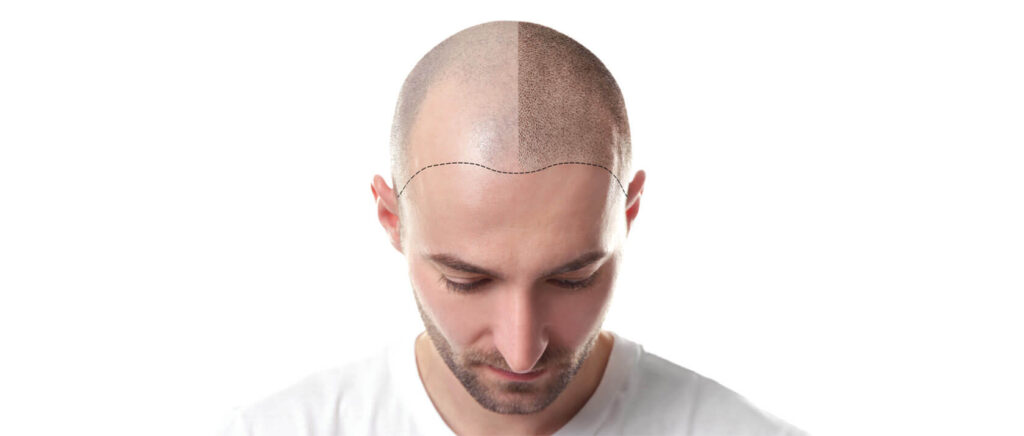
Level of experience of the specialists performing the procedure
Clearly, you want to choose certified professionals who are experienced in hair transplant surgery. This is because professionals who have experience have learned what can go wrong and what works best, and the more patients they have dealt with, the more variations they have seen and experienced. It also means that such specialists have experience with people of different skin color, hair color, hair type, and level of baldness. All these factors, as discussed below, do impact outcomes.
Why your hair color can be a factor
One important consideration is what color your hair is. Hair color could impact how well a transplant works1. This is because the greater the difference in color between your skin and your hair, the more noticeable missing hair is, so actually, men with blonde hair and pale skin can lose more hair before it becomes very obvious than a man with very dark hair and pale skin. It also means that hair transplant grafts may give a better look and provide more coverage where the contrast between skin and hair color is less.

Your level of baldness
Another more obvious factor influencing hair transplant outcomes is how bald you already are. Hair loss specialists will classify the extent of hair loss in the case of men by using the Norwood scale. The Norwood scale has categories from class 1 to 7, with 7 being the most hair loss. A man on a higher level of the Norwood scale2 may have a problem since there have to be enough follicles and follicular units left in the donor part of the scalp in order for grafts to be done. In the future, there is the possibility that hair can be grown from stem cells, but the research is still in its infancy.
If you are a smoker
Patients are advised to quit smoking and not smoke after hair transplant surgery. This is because smoking compromises the body’s natural ability for healing, and it may actually mean that your hair transplant grafts fail. This is because smoking affects all the blood vessels in the body, and your hair follicles rely on the blood supply for nourishment that is needed for them to grow and develop into hair shafts.
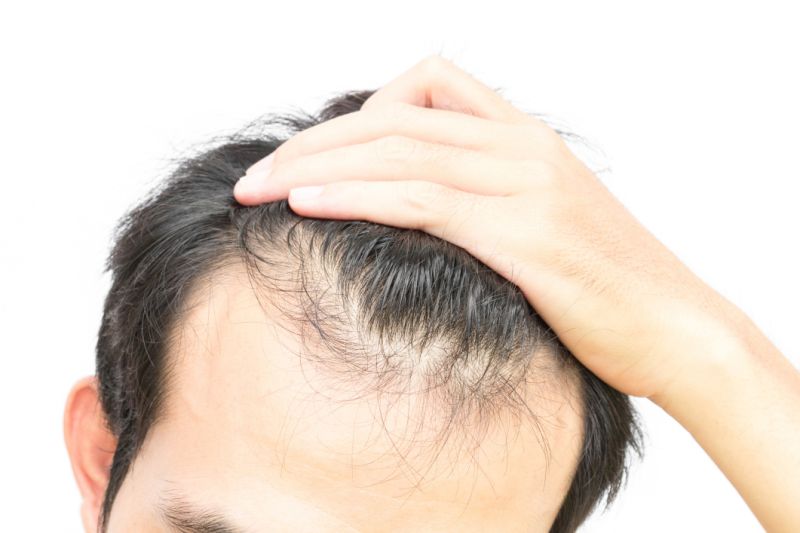
Your general state of health
An ethical specialist will be able to advise you on whether or not you should have a hair transplant based on your level of health. You need to remain healthy before and after the procedure because this influences your risk of complications during the procedure and how easily and quickly your tissues heal. This all influences how quickly and well your hair grows back.
How coarse or fine your hair is
The texture of your hair is another relevant factor when it comes to hair transplant surgery. This is because coarse hair looks thicker than fine hair3, which means that fewer follicles need to be extracted and grafted into place.
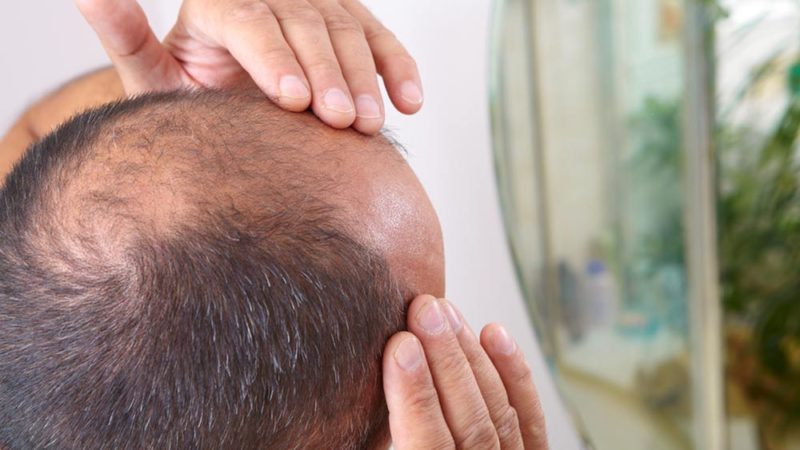
If your hair is wavy or straight
According to WigNice, wavy hair also can provide a better outcome than straight hair, since similar to coarse hair, better coverage can be obtained. Wavy hairs tend to bend and curl over so as to cover more of the skin than straight hairs do, which of course, means it is less apparent when hair is missing. This also means that fewer follicles may be needed to give a good natural look and coverage to the scalp.
The density of your hair follicles
The density of hair follicles is the number per a particular area of your skin. The higher this density, the thicker the hair is, and the advantage is that the coverage of the scalp is better with people who have a higher density than people who have a lower density of hair follicles.
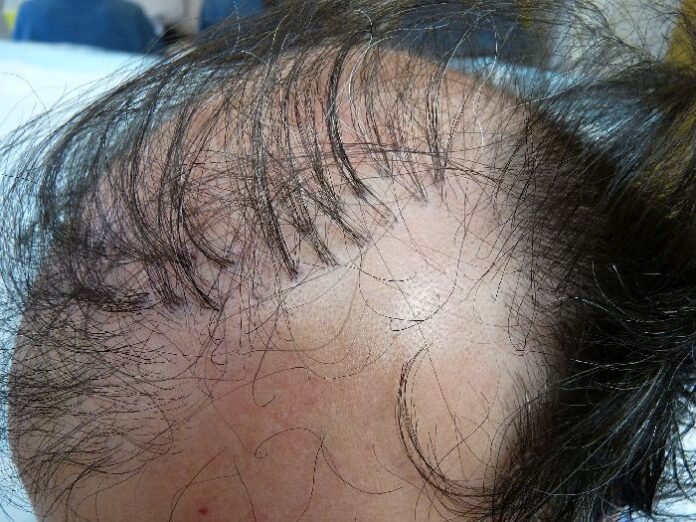
How flexible and loose the skin on your scalp is
Besides the texture, shape, and density of hair, the type of skin is also important. Looser skin is easier to deal with. Hair specialists are able to more easily insert and graft the new hair follicles into place when the skin is flexible.
How much money you have
It is a fact of life that hair transplant surgery does cost money, and often, you have to pay out of pocket since health insurance plans won’t usually cover what is considered a cosmetic procedure. For a celebrity with deep pockets, it is easy to be able to afford multiple procedures. However, it is not so easy for the everyday man or woman to do so. A person may not be able to afford the cost of thousands of hair grafts, which is a good reason to plan ahead and seek treatment early on.

